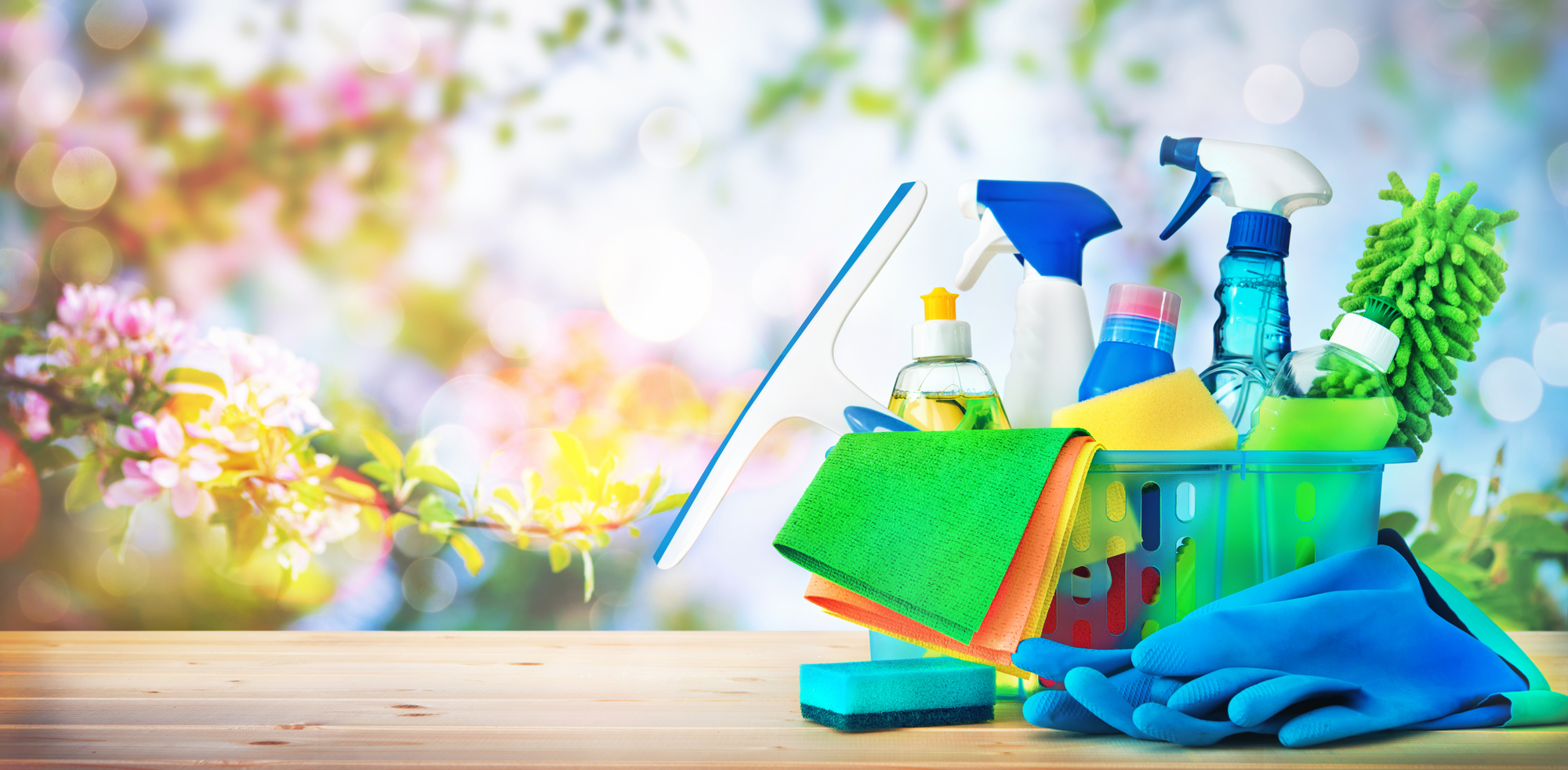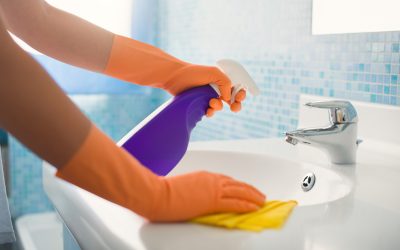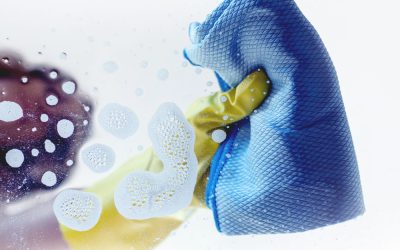There’s no better way to elevate the style and sophistication of a kitchen, bathroom, laundry room, or bar than with the addition of gorgeous natural stone countertops — and luminous marble is among the most popular choices.
Whether you love the soothing serenity of white Carrara swept with wispy gray veins, or you prefer the warmth of Imperial Gold, or you’re drawn to the high drama, inky depths, and lightning-like streaks of Black Marquina, marble delivers both the ambiance and luxury that helps homeowners to personalize their spaces.
Of course, natural stone does require some upkeep to maintain its beauty and shine. You will need to reseal your marble periodically and be careful to use the right cleaning products so as not to scratch, etch, or damage the sealant and the stone.
Here are safe cleaning products for marble that will keep your countertops eye-catching in all the right ways.
#1: Good Old Soap and Water
One of the easiest and best ways to keep stone surfaces clean is with a mixture of warm water and gentle dish soap. You’ll want to make sure to avoid any cleansers that feature acidic ingredients, like lemon or lime.
When you’re finished cleaning dust, dirt, and grime from countertops, it’s best to follow up with a rinse of clear water to eliminate any remaining soap residue that could leave behind a film, dulling the glossy shine of the surface.
A wipe-down with a clean, dry, microfiber cloth will ensure that no water spots form after you’re done cleaning.
#2: Hydrogen Peroxide Solution
Sometimes, you’re going to come up against stains, no matter how well you care for your marble countertops. When this occurs, there are a couple of options for more intensive cleansing.
If you’re dealing with surface stains, a solution of 12% hydrogen peroxide can help to eliminate stains that soap and a sponge can’t treat.
The caveat, of course, is that you should reserve this treatment for light-colored marble only. You wouldn’t want to accidentally create lighter spots on a dark marble. On the upside, dark marble isn’t likely to show stains as often as lighter slabs.
#3: Baking Soda Paste
If stains penetrate the sealant and get into the porous stone of your countertop, you may have to try to draw them out. The best way to do this is with a baking soda solution. All you do is add water to baking soda until you achieve a thick, creamy consistency.
Next, apply the paste to the stained area of the countertop, cover it with plastic wrap, and tape down the edges. Leave it for up to 24 hours, then wipe away the paste to see if the stain disappeared.
If some stains linger, you can repeat the process. Stubborn stains, however, may require buffing out by a professional
#4: Specialty Stone Cleaners
There are plenty of natural stone cleaners on the market to consider, but the best ones will offer a couple of key features.
While you may be drawn to expensive products made specifically for marble, any natural stone cleaner that has a neutral pH will get the job done.
The beauty of splurging a bit on stone cleaner (as opposed to using dish soap) is that these solvents offer a one-step process. Just spray and wipe to clean countertops — no rinsing and drying necessary.
You can also find products that help to preserve the seal, potentially delaying the need to reseal the surface.
#5: Microfiber Cloths
In addition to choosing the right solvents to eliminate dust and grime on your marble countertops, you need to use the right equipment. Sponges are fine, but you’ll get the best results with gentle, lint-free microfiber cleaning cloths.
These high-end rags are not only ideal for removing dirt and germs, but they also soak up more liquid, so you won’t leave water spots behind to mar the glossy shine of polished surfaces.
Microfiber also tends to hold up to more use, supplying you with a longer-lasting cleaning product.
Most importantly, these cleaning cloths are incredibly gentle, so they won’t damage your sealant or scratch counter surfaces. They also reduce bacteria.
In truth, keeping your marble gorgeous isn’t as difficult as you might imagine.
Source: https://academy-marble.com/



